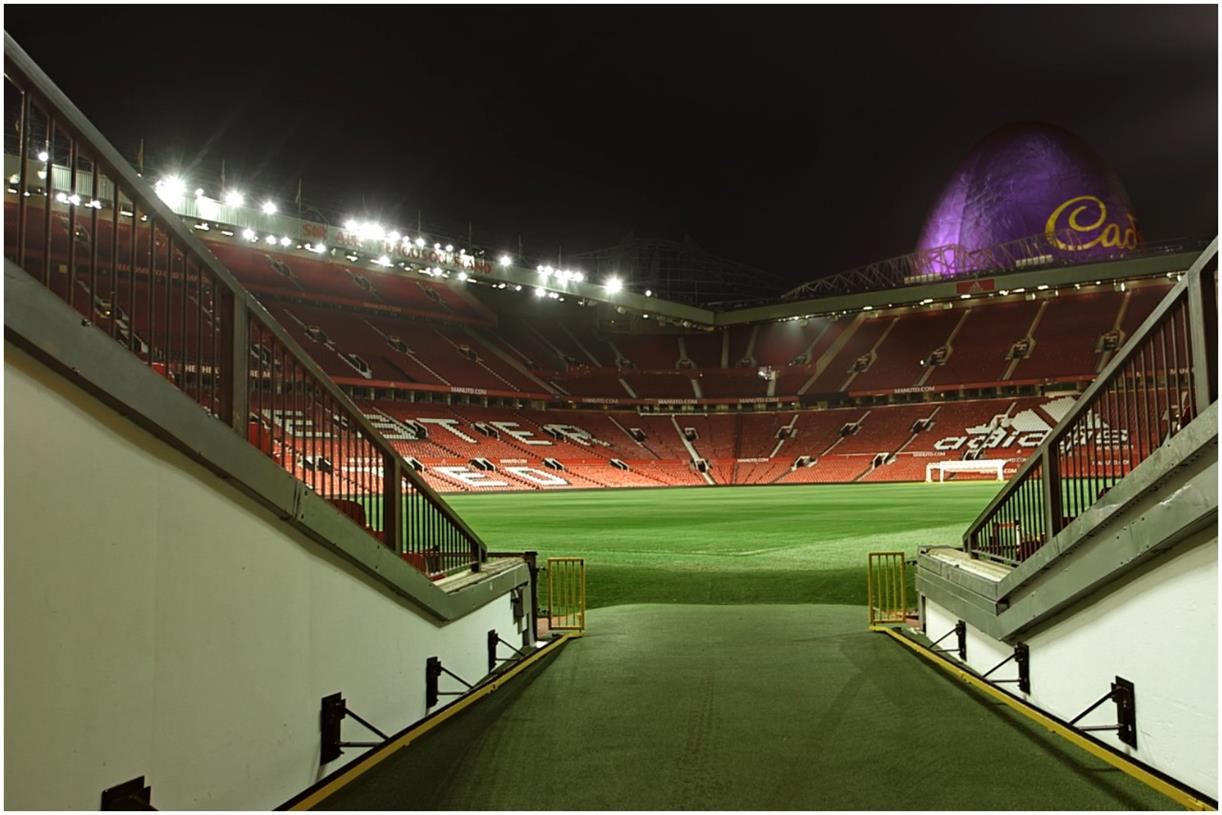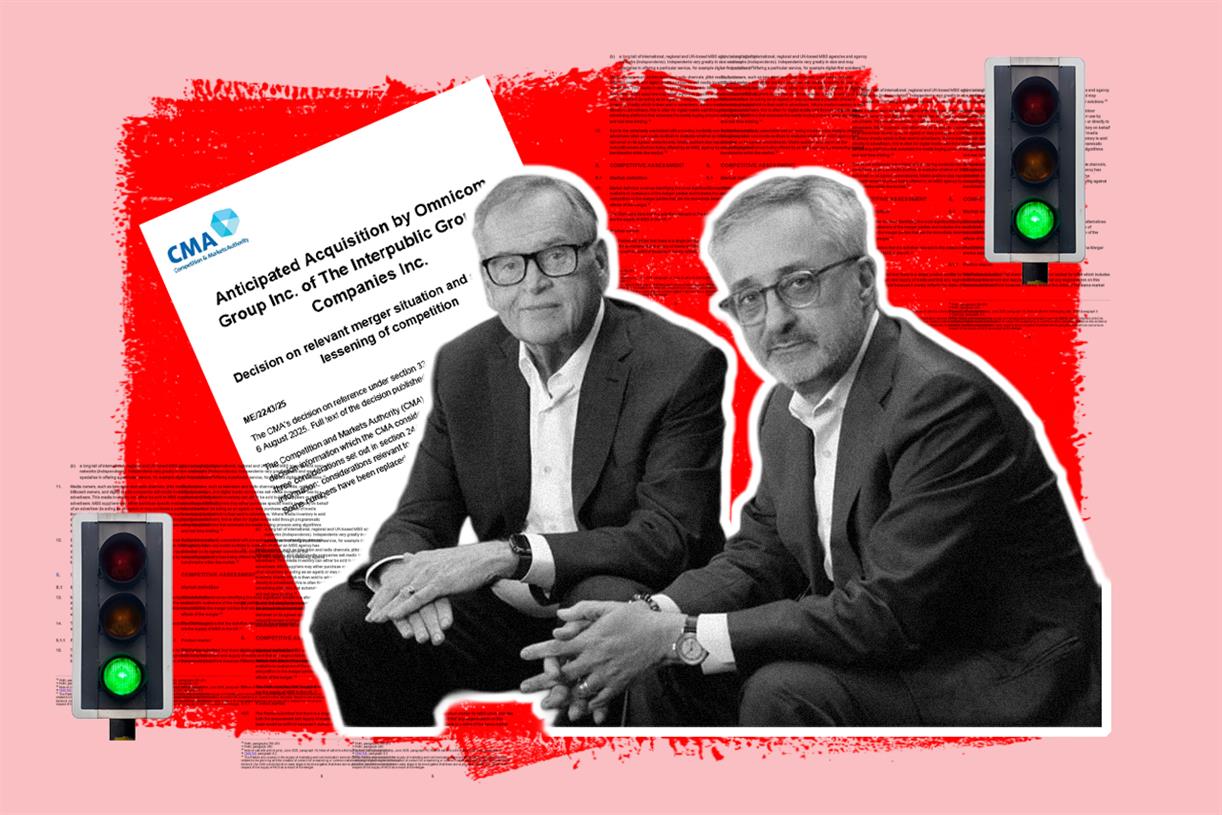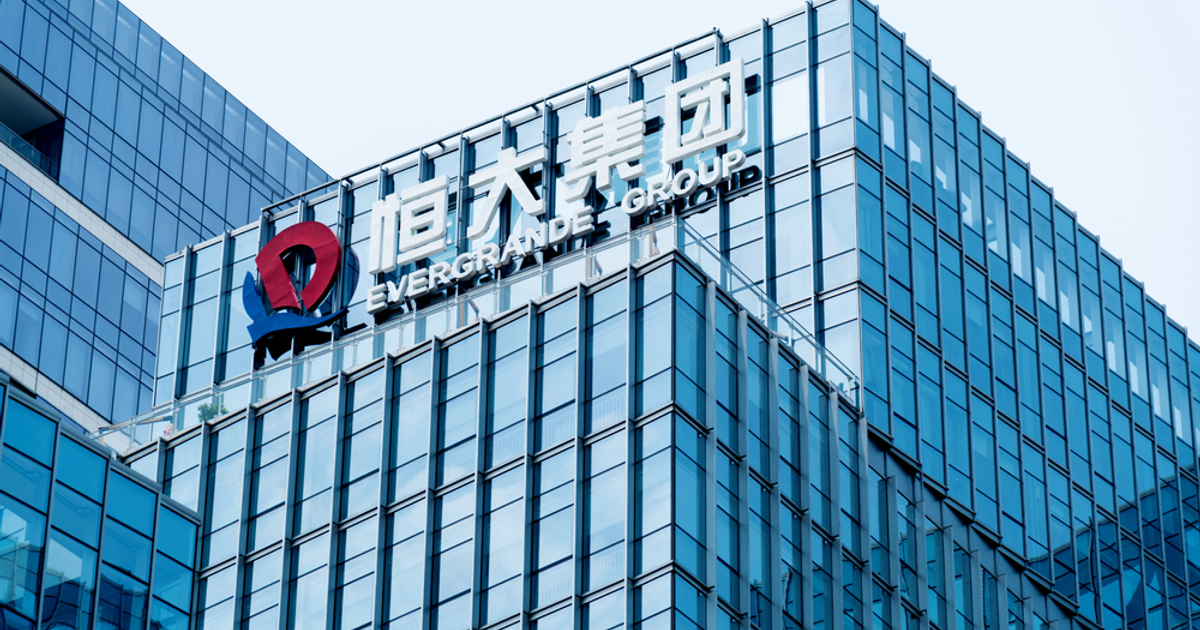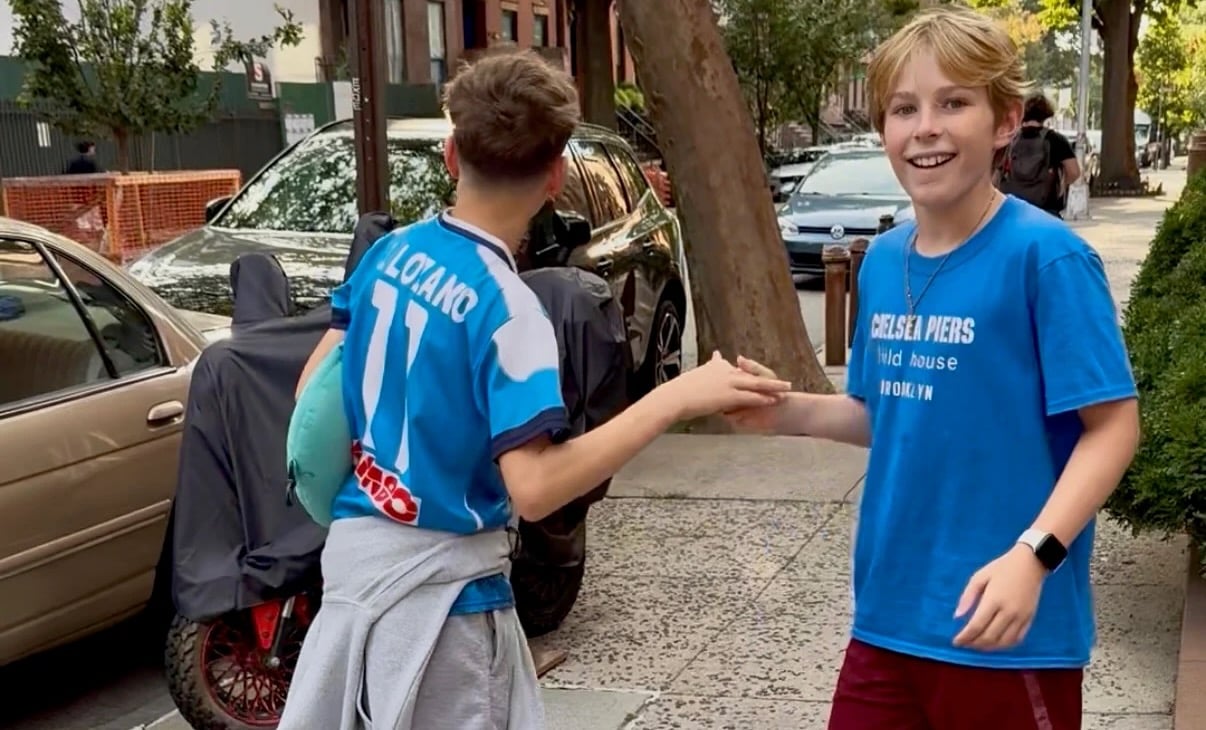How to fix ‘Discovered currently not indexed’ in Google Search Console
Have you found in Google Search Console that some of your URLs say, ‘Discovered currently not indexed’? The definition of this from Google is “Discovered – currently not indexed: The page was found by Google, but not crawled yet. Typically,...

Have you found in Google Search Console that some of your URLs say, ‘Discovered currently not indexed’? The definition of this from Google is “Discovered – currently not indexed: The page was found by Google, but not crawled yet. Typically, Google wanted to crawl the URL but this was expected to overload the site; therefore Google rescheduled the crawl. This is why the last crawl date is empty on the report.”
How to check if Google has indexed your website
Go to the index coverage report in Google Search Console to get an overview of your website’s indexing status. In this report you will find technical details of your websites crawling and indexing. This report provides feedback on the more technical details of your site’s crawling and indexing process. This report helps you track your website’s indexing status and keeps you informed about technical issues preventing your pages from being crawled and indexed correctly.
The Google Search Console report Statuses:
Valid: these pages were indexed successfully.Valid with warnings: these pages were indexed, but there are some issues.Excluded: these pages weren’t indexed. Discovered – currently not indexed will show in the excluded tab.Error: Google could not index these pages for some reason.What causes ‘Discovered – currently not indexed’ status
Small Website
If you have a small website with great content, the ‘Discovered – currently not indexed’ status will fix itself after Google has crawled the URLs.
However, if your website is small and the status keeps appearing for new pages, then you need to review the quality of your content. The implications of this status are that the content quality issues might not be limited to the URL, and that it could be a site-wide issue.
Large Website
If you have a large website it could be caused by the following reasons:
Overloaded server: Google might have trouble crawling your website because it seemed to be overloaded. Check with your hosting provider if this was the case.
Content overload: Your website might contain a lot more content than Google would like to crawl at this time. Examples of this include: filtered product category pages, auto-generated content and user-generated content. To fix this you need to make the content unique or if the URLs shouldn’t be discovered then you need to update your robots.txt to prevent Google from accessing these URLs. If the pages have already been indexed you will need to add a “noindex” meta tag to instruct search engines to stop indexing it in the future. The “noindex” tag should not be combined with the robots.txt as this will prevent search engines from seeing the “noindex” tag.
Poor internal linking: Google isn’t able to crawl all of the content on a website due to a lack of internal links. This can be fixed by improving internal linking. The number of internal links pointing to a page is a signal to search engines about the relative importance of that page. Pages with no internal links are less likely to be indexed.
Poor content quality: Improve the quality of your content. Make sure it serves the purpose for the user. It needs to be original and relevant. Provide the user with what they want in an easy to read way.

 Fransebas
Fransebas 































